help me decide between solid/engineered hardwood floors
Megs0927
12 years ago
Featured Answer
Sort by:Oldest
Comments (20)
Karen Eagle
12 years agoMegs0927
12 years agoRelated Professionals
Anaheim Flooring Contractors · Hazleton Flooring Contractors · Hilton Head Island Flooring Contractors · Land O' Lakes Flooring Contractors · Norwalk Flooring Contractors · Plainfield Flooring Contractors · Waltham Flooring Contractors · La Canada Flintridge Tile and Stone Contractors · Galena Park General Contractors · Galveston General Contractors · Jamestown General Contractors · Point Pleasant General Contractors · Renton General Contractors · Roseburg General Contractors · Security-Widefield General Contractorsjerzeegirl
12 years agoboxers
12 years agoMegs0927
12 years agoboxers
12 years agoattofarad
12 years agokucinaclassica
12 years agoLaurie
12 years agoKathy F
12 years agoLaurie
12 years agopaige16
12 years agoaj33
12 years agowoodfloorpro
12 years agomarissa16
12 years agohollie_z9
12 years agompwdmom
12 years agoellenm08
12 years agoluis kevin
4 years ago
Related Stories
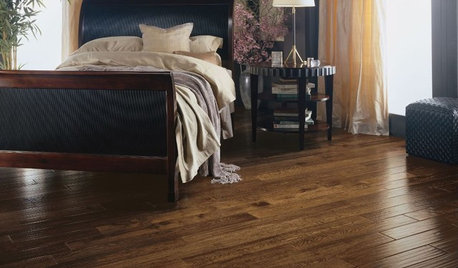
REMODELING GUIDESYour Floor: An Introduction to Solid-Plank Wood Floors
Get the Pros and Cons of Oak, Ash, Pine, Maple and Solid Bamboo
Full Story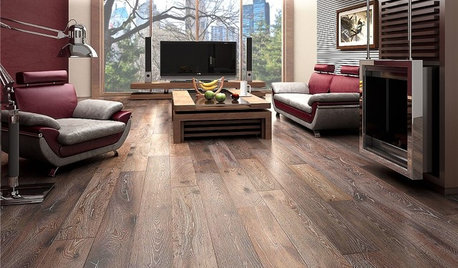
REMODELING GUIDESWhen to Use Engineered Wood Floors
See why an engineered wood floor could be your best choice (and no one will know but you)
Full Story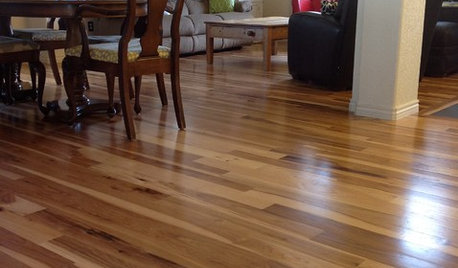
MATERIALSWhat to Ask Before Choosing a Hardwood Floor
We give you the details on cost, installation, wood varieties and more to help you pick the right hardwood flooring
Full Story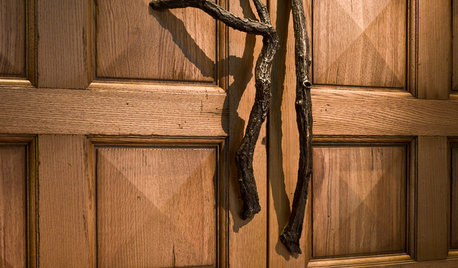
WOODWoodipedia: Make a Solid Choice With Oak
Forget those low-end products of old. Red and white oak today are beautiful, versatile and relatively inexpensive
Full Story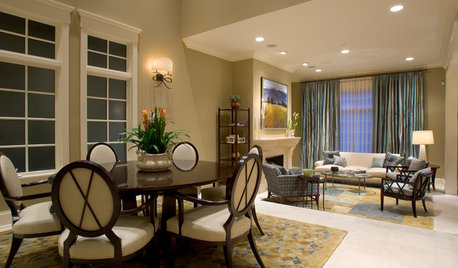
SELLING YOUR HOUSE5 Savvy Fixes to Help Your Home Sell
Get the maximum return on your spruce-up dollars by putting your money in the areas buyers care most about
Full Story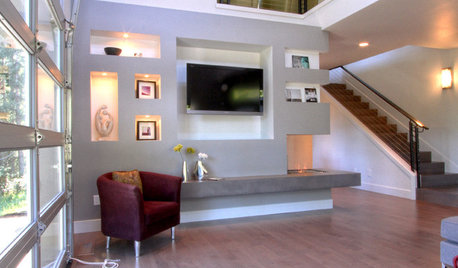
REMODELING GUIDESContractor Tips: Smooth Moves for Hardwood Floors
Dreaming of gorgeous, natural wood floors? Consider these professional pointers before you lay the first plank
Full Story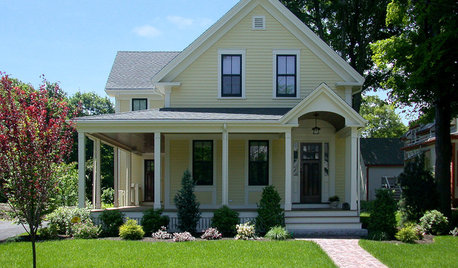
SELLING YOUR HOUSE10 Low-Cost Tweaks to Help Your Home Sell
Put these inexpensive but invaluable fixes on your to-do list before you put your home on the market
Full Story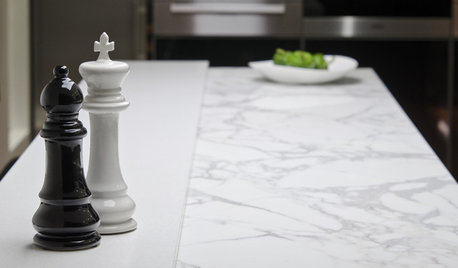
KITCHEN COUNTERTOPSKitchen Counters: High-Tech Solid Surfaces Make Maintenance Easy
Sculpted by heat and nonporous by nature, solid-surface countertops bring imagination and low maintenance to the kitchen
Full Story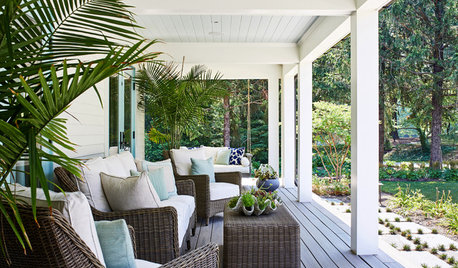
STANDARD MEASUREMENTSThe Right Dimensions for Your Porch
Depth, width, proportion and detailing all contribute to the comfort and functionality of this transitional space
Full Story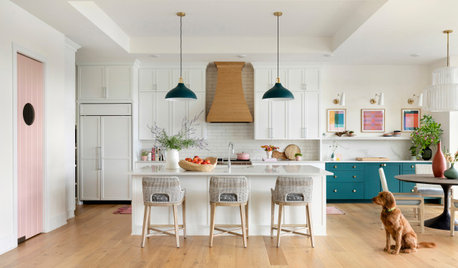
HOUSEKEEPINGHow to Clean Hardwood Floors
Gleaming wood floors are a thing of beauty. Find out how to keep them that way
Full StoryMore Discussions






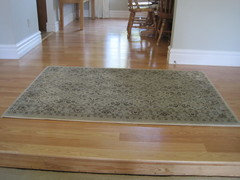
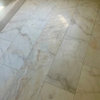
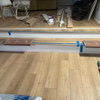


inspector